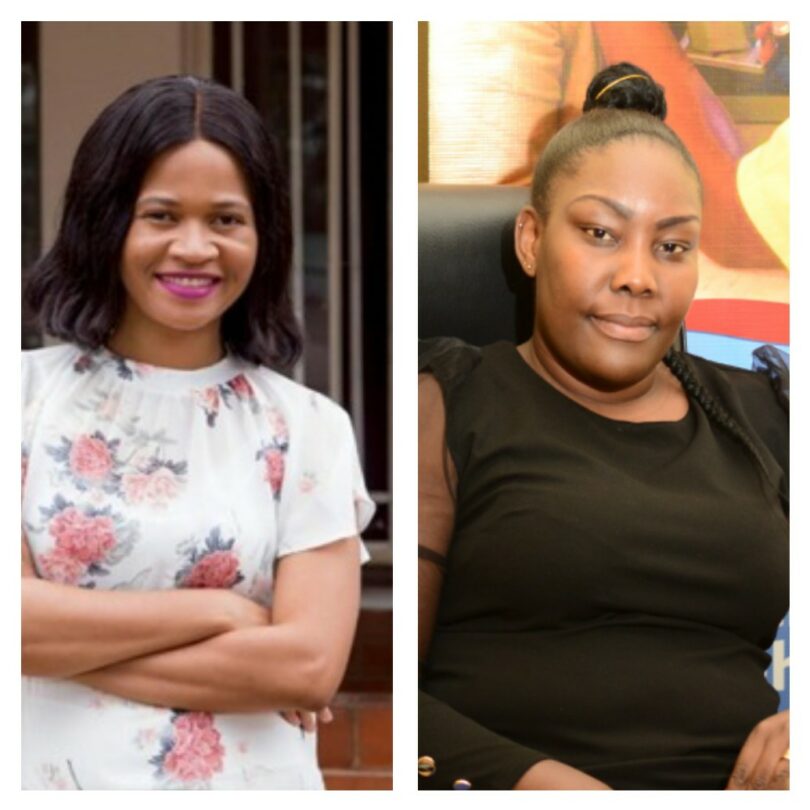|
Getting your Trinity Audio player ready...
|
This International Women’s Day Sightsavers is fighting for access to eye health care for all, including marginalised populations, such as persons with disabilities and women and girls in hard-to-reach areas.
Millions of women across the world are unable to access the healthcare they need and participate fully in society.
This International Women’s Day, Wednesday 8 March 2023, international development organisation Sightsavers is calling for all health services to be inclusive and accessible for women and girls, including those with disabilities.
Sightsavers is also celebrating the pioneering women who are fighting to make this happen. Women like Samantha Nyathi and Charleen Gumbo are spearheading the organisation’s gender-sensitive eye health work in Zimbabwe. Samantha and Charleen have been working tirelessly to facilitate the delivery of life-saving eye surgeries and medicines in remote communities, ensuring that these services are inclusive and are brought as close to communities as possible.
Peter Bare, Sightsavers country director for Zimbabwe said: “It is vital that we all work together to make sure all women and girls have access to proper eye healthcare, and women like Samantha and Charleen are leading the way.
“Without action, women will continue to go blind in greater numbers than men and continue to have their contribution to education and employment curtailed.”
Samantha has ten years of experience working in public health and is passionate about improving health service delivery in Zimbabwe, especially for women. She specialises in work that treats people with trachoma, a painful eye disease that turns eyelashes inwards so they scrape the eyes permanently blind. Women are up to four times as likely to develop advanced trachoma than men due to their caretaking roles and are nearly twice as likely to be blinded by this excruciating disease.
Charleen leads an inclusive eye health project in Matabeleland North province and is passionate about promoting health services that improve the quality of life for vulnerable groups in hard-to-reach areas, especially women.
Women are more likely to be blind or have visual impairment than men and have poorer access to eye care services, and women with disabilities are three times more likely not to access the healthcare they need, compared to men without disabilities.
Charleen’s work aims to address this by ensuring these groups in hard-to-reach areas receive equal access to health.
Sightsavers works with partners across Africa and Asia to dismantle the barriers that prevent women and girls from accessing adequate health care and to promote the right to health for every individual, whilst challenging negative stereotypes. We also campaign so women and girls can exercise their right to get an education, go to work, and vote.
About Sightsavers:
Sightsavers is an international organisation that works in more than 30 low- and middle-income countries to end avoidable blindness, treat and eliminate neglected tropical diseases, and promote equality of opportunity for people with disabilities. Sightsavers vision is of a world where no one is blind from avoidable causes and people with disabilities participate equally in society. It is a registered UK charity (Registered charity numbers 207544 and SC038110).
Globally 2.2 billion people have a vision impairment and of these, at least 1 billion people have a vision impairment or blindness that could have been prevented or is yet to be addressed. This burden weighs more heavily on poorer countries, and on marginalised communities. And projections show that global demand for eye care is set to surge in the coming years.
In the seven decades since its foundation, Sightsavers has:
- Supported more than 1.5 BILLION treatments for neglected tropical diseases
- Carried out more than 8.3 million cataract operations to restore sight
- Carried out more than 207 million eye examinations
- Dispensed more than 5.3 million glasses
- Supported more than 177,000 school years of education for children with disabilities and visual impairment
- Sightsavers holds Independent Research Organisation (IRO) status, making them one of the only international non-governmental organisations to hold this status in the UK. Sightsavers conducts high-quality research to address global gaps in knowledge and put research findings into practice by feeding them back into the design of programmes.
For more information, please visit www.sightsavers.org






